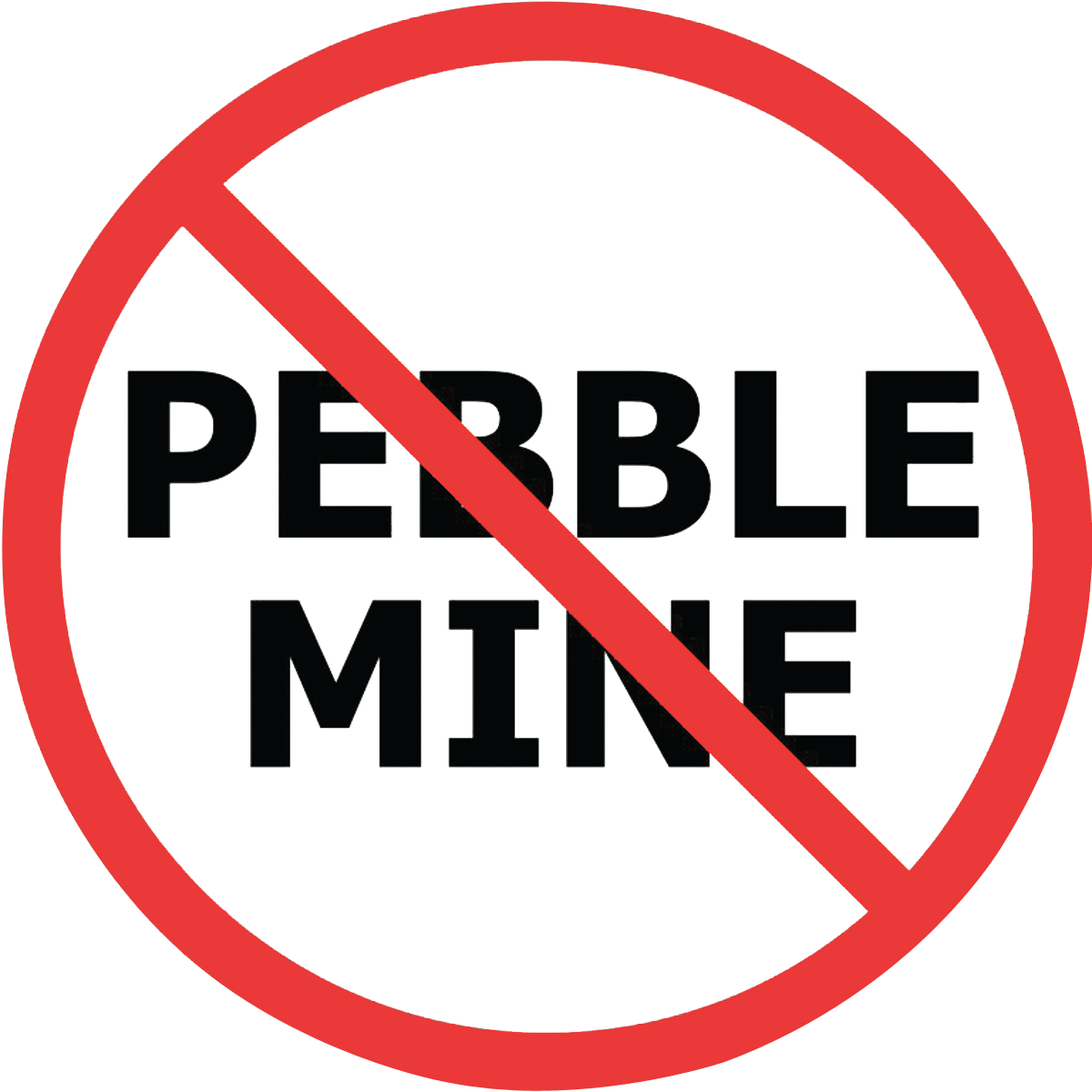“This region is the Serengeti of Alaska. Here, snow fed streams flow crystal clear from the mountains, through rolling tundra and to the sea. Anglers from around the world see this as the pinnacle of fishing opportunities. There are not many, if any, places like this left in the world.”
World-class. Abundant. An angler’s paradise. These are just a few ways to describe the recreational opportunities the rivers and streams in the Bristol Bay watershed provide for anglers of all types.The Bay is home to some of the most premier sport fishing destinations on the globe including: the Nushagak, Mulchatna, Koktuli and Kvichak Rivers, and Talarik Creek, rivers that are as productive now as they were thousands of years ago. These rivers are magnets for anglers from all over the world who want high-end, “once in a lifetime” fishing experiences. Bristol Bay supports the world’s largest runs of wild salmon, trophy rainbow trout, grizzly bears, caribou and a strong commercial and sport-fishing economy.
Photo by B&C Beck
The Kvichak River is home to the world’s largest sockeye salmon run and is also within Alaska’s designated trophy wild rainbow trout area. The Nushagak and Mulchatna Rivers support the largest Chinook (king) salmon runs in Alaska, and perhaps the world. Other fish species found in these drainages include Arctic Char, Arctic grayling, rainbow trout, lake trout, Dolly Varden, northern pike and whitefish. Sport fishing and hunting are key components of the local and state economies.
Recreation and tourism spending in Bristol Bay brings $90 million annually to the state in the form of taxes and licenses.
In 2007, anglers in Alaska spent nearly $1.4 billion on fishing trips, fishing equipment, and development and maintenance of land used primarily for the pursuit of sport fishing in Alaska.
Bristol Bay sport fishing supported 846 full and part-time jobs and accounted for $27 million in total wages and benefits paid to employees and proprietors.
In total, an estimated 37,000 fishing trips are taken annually to Bristol Bay freshwater fisheries. Tourists from outside of Alaska comprised about one-third of those trips.
Sport Fishing Businesses Oppose Pebble
Nearly 200 leading companies in the fly fishing industry, including Albury Game Angling in Surrey, and outdoor gear icons Hardy, Orvis and Patagonia, have rallied to help protect Bristol Bay salmon habitat from destructive, large-scale metal mines, namely the Pebble mine. They have voiced their concerns publicly with ads like this one (PDF), designed by the Sportsman’s Alliance for Alaska, which have been running in major fly-fishing publications since 2007.The local sport fishing industry boasts about 40 commercial fishing lodges on the rivers connected to Bristol Bay, offering everything from a rustic wilderness experience to world-class luxury. Most of them have stated opposition to the proposed Pebble Mine.
“There has never been a successful re-creation of wild salmon runs once they have been decimated, making the potential risks and uncertainties of Pebble too great,” said Brian Kraft, owner of Alaska Sportsman’s Lodge and two other Bristol Bay fishing lodges.
“This region is the Serengeti of Alaska. Here, snow fed streams flow crystal clear from the mountains, through rolling tundra and to the sea. Anglers from around the world see this as the pinnacle of fishing opportunities. There are not many, if any, places like this left in the world.”
See the complete list of lodges, guide services, retailers, and sport-fishing industry professionals who have state opposition to the proposed Pebble mine.
LEARN ABOUT OTHER GROUPS WORKING TO SAVE BRISTOL BAY
Commercial Fishermen | Alaska Native Tribes | Chefs & Restaurant Community | Save Bristol Bay Community


